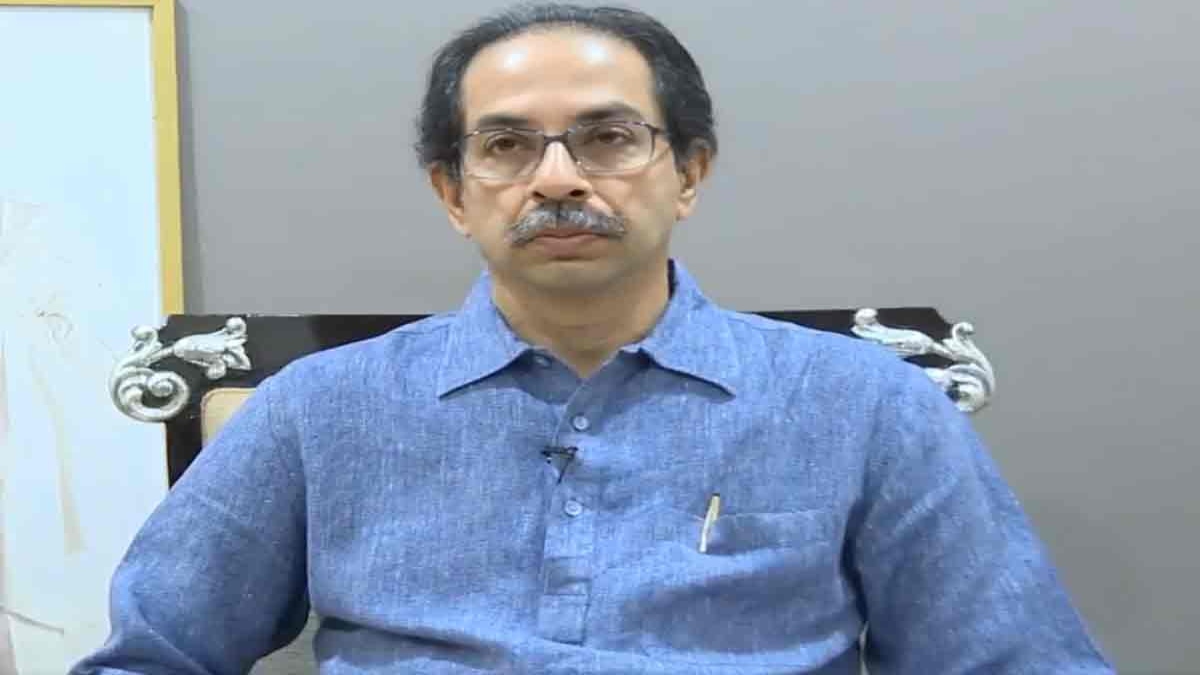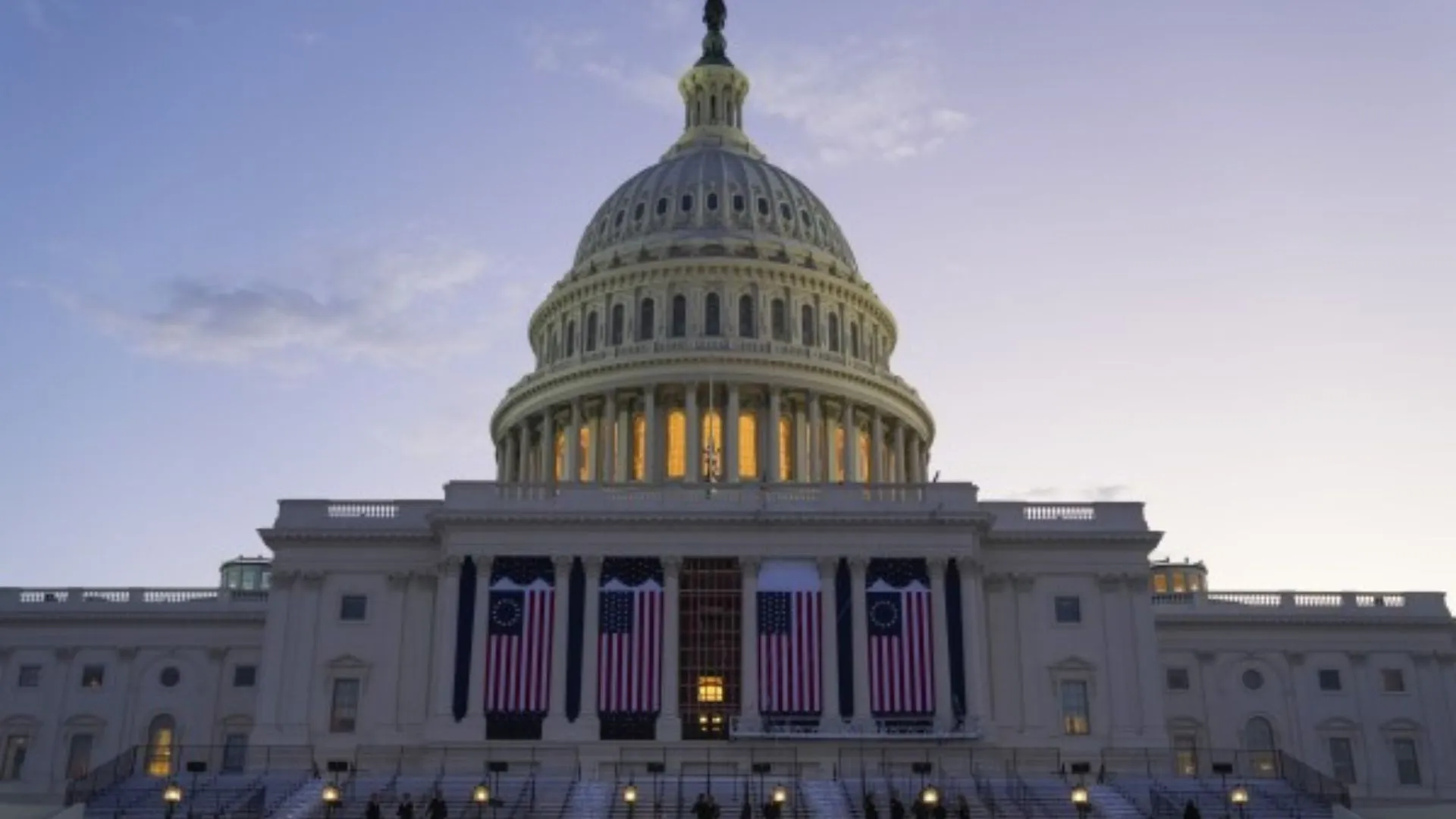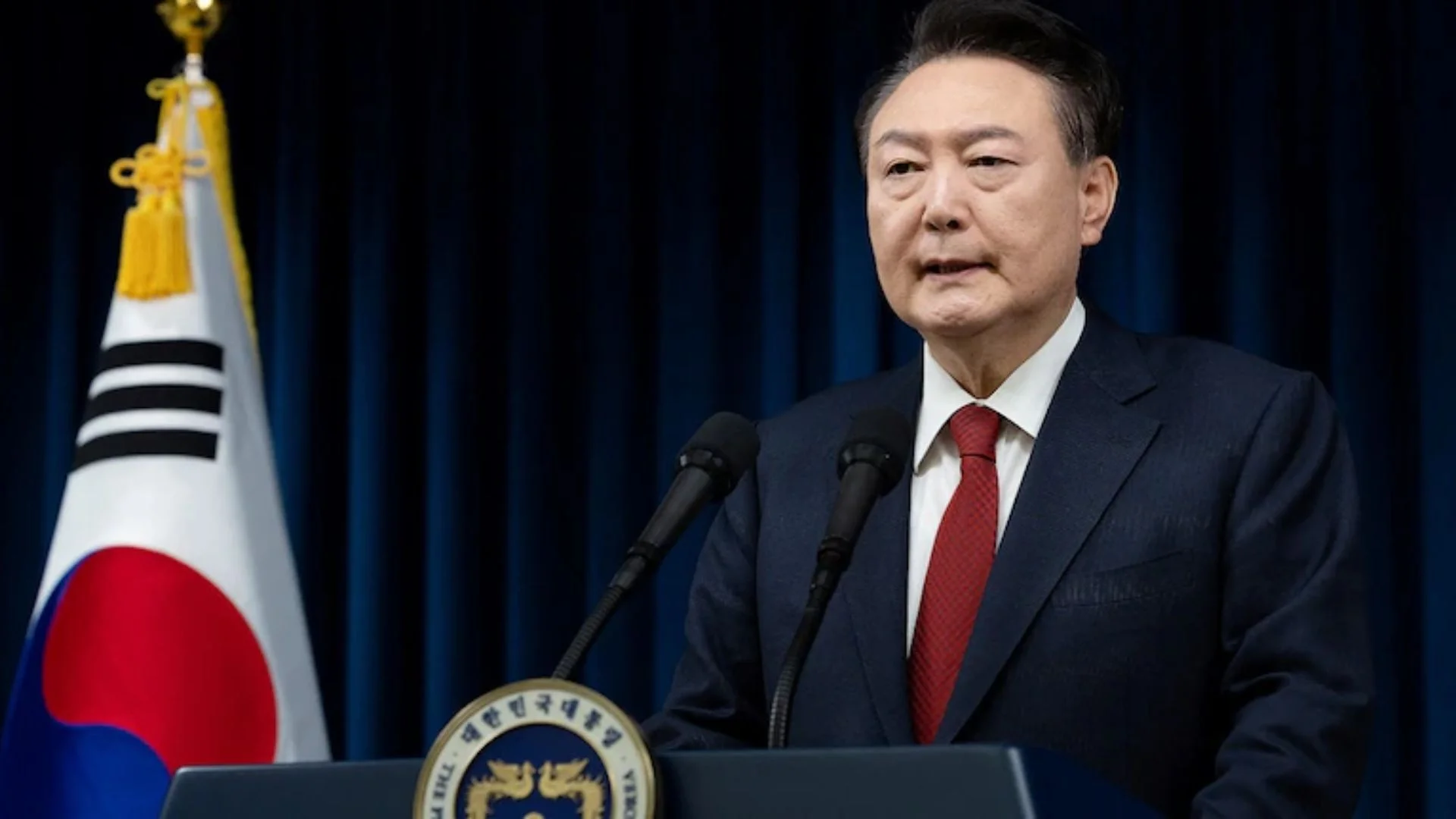As the fate of the Uddhav Thackeray government in Maharashtra hinged in balance on Tuesday, sources said that the Chief Minister may ultimately bank on anti-defection laws to defuse the present crisis. Sources in Shiv Sena said that the talks between Thackeray and the rebel Sena MLA Shinde failed, so the party seems to be no other option but to apply the anti-defection law.
The Tenth Schedule of the Constitution spells out the anti-defection law. As per the rules, any group of lawmakers can leave a party and form another if at least two-thirds of the original party favours leaving the party. In other words, Eknath Shinde will require two-third of the Sena’s tally of 55 MLAs to save himself from inviting the disqualification procedure.
The anti-defection act originally allows even one-third members of the party in assembly or Parliament to leave and merge with another party. But in the 91st Constitutional amendment in 2003, the then Atal Bihari Vajpayee government amended the act that required at least two-third of the party members to avoid facing anti-defection charges during a split.
The priority of the MVA government, however, has to be bringing back as many rebels as possible. For, even if the 20 odd MLAs of the Shinde faction are declared disqualified from the House, it substantially reduces the floor-strength of the MVA in the assembly and brings it closer to the BJP-led NDA’s tally.























